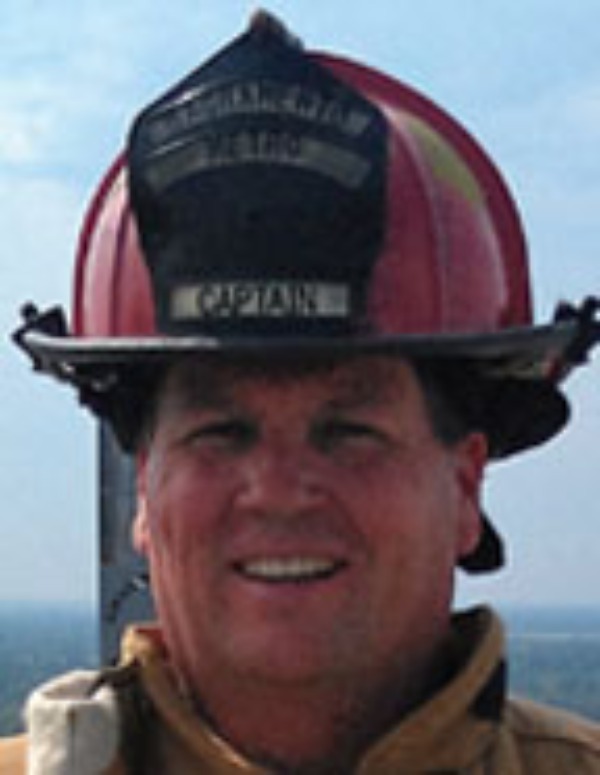Field based safety education vs four year degree
As an industry I feel like we are seeing a shift to more professionals entering the field with a four year safety related degree. Historically, most safety people entered the field as the result of extra responsibilities added to an existing non-safety job, so this new influx of professionals come with a whole new set of skills.
How do you think this might change the field as a whole? I think we will see more professionals get their CSPs, and I think there will more emphasis on training and procedure development
Comments (9)

I’m one of those safety professionals who found this career through school. A lot of colleges and universities offer EHS degrees, from associates all the way to doctorates. The CSP is definitely desirable, as many companies recognize it. I agree with you that training and development seem to be huge missions of the various safety-related professional organizations.


I found this career through a safety related Associates Degree. I am not ashamed to admit that I learned way more through my internship and through classes at the Wisconsin Safety Council and networking. I thought my schooling introduced me to things but didn't have a complete understanding of topics until I worked with them in the field.


Agreed with this shift. I feel like we are showing more of the world like YES this is a career you can get a degree in! I got my biology degree and then fell into an IH role which started my career. After IH role, I moved into EHS specialist in manufacturing and I have learned so much from the experience. I had to learn everything by myself as the was no safety pro above me & the site was new. I did get my ASP & CSP & super proud of that. I'm thinking we will have safer workplaces in the future because these new professionals will have really good education on the topics. Hopefully they have internships to understand how fast paced everything is and how you need to be organized and someone who can multi-task.

My experience entering the field with a degree rather than experience was pretty rough. I received a lot of push-back and was told by my direct management that I cannot hang my degree in my office because it is offensive to people who do not have degrees. So I was pretty much forced to "start from scratch" and go with the ideas of professionals who had entered the field without degrees. I think I am more well rounded because of that but as someone who sought education in EHS, I have a variety of ideas that could have been implemented to improve and standardize processes but those were not as well received. I personally think when we get out of the pen and paper mentality and start using technology and modern safety philosophy that are taught in universities that we will start to see major advancements in safety performance across a variety of industries. Of course OTJ training is just as important as a degree but I think the integration of the two can really be meaningful. I agree that I think we will see more individuals seeking professional designations but I believe that will be because of the $$$$ associated with professional development.


ASSP had a recent article on this topic. Check it out here: https://www.assp.org/news-and-articles/should-you-go-to-grad-school-or-get-a-safety-certification


I'm currently in an EHS program and doing an internship over the summer. There are things that can only be learned through experience. You often won't understand how safety works as a function of management until you get to see it first hand.
I do think school is valuable for teaching a wide range of topics. Not to mention that there are extracurricular activities that students can pull great experiences from.


I have a personal vendetta against dichotomies. It shouldn't be either/or but both/and.
We need safety professionals that have both formal education in safety and have the field based understanding of how work is really done. The schools do a great job in teaching the regulations but I feel they don't do as when teaching the so-called the nontechnical parts of the jobs.
You will never win over your workforce by quoting 1910 like it is the King James Bible. Safety is more than technical knowledge. It's requires nontechnical skills (so-called soft skills) to be successful.
I believe that all safety education programs should require an internship prior to conferring a degree.
